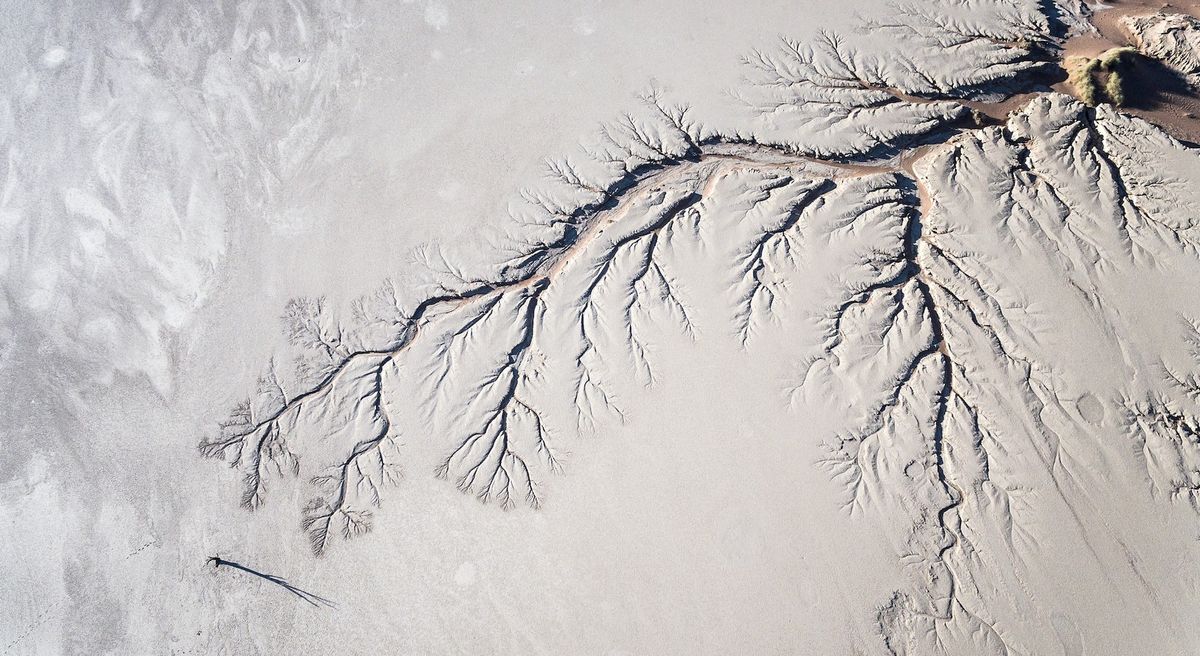Life and Language

We have life, a current, it keeps on going. I guess it does not need us, but we have it. We are plugged in. We get to feel many things while we are so-called 'alive'. We also have language.
What is the densest point for me and hence the one I get entangled in? Is it my humanity? What happens if I don't see what I am, as a human, because, the things that are that, are so close to me? What if I lose what is human, because I am drawn along, but feel that I am driving? What are the things I cannot escape?
Humanity is sustenance in that I am only sustainable in my human form. Trying to escape this is like sailing against the wind, flying away from gravity. The core of my humanity, like a boiling pot, waiting for me to settle into the heat, so that I can be cooked and become edible.
Pulsing. Pulsing. Pulsing.
Stop pulsing we say and the pulsing doesn't stop. Stop pulsing we say and the pulsing is accompanied by the words 'stop', 'pulsing'.
ssss.ttttt.oooo.ppppp. pppp.uuuu.llll.ssss.iiiii.nnnn.gggg.
This will be baked too. This will be hot too. Lava running through my legs.
Is language how we fan the flames? But we all know this can go both ways. Is language our atmosphere, cool-breeze-craving, but the air we breathe is elsewhere?
We are the children of words, but before that, we were the children of sound. And before that, we were the children of pressure.
Of expansion.
Of chaos. Of motion. Of stillness.
Uneasiness. Gag. Hunger. Tight. Breath. Organs.
We pull language around us and we pass the thread and we say, 'Feel this cloth we made'. It can serve as the costume we wear or a way to love our nakedness.
Do we play with words or do they play with us? Who do we think rules in the worlds we create using language? Our worlds are being composted and spun even as we try to define them, gathering ways to make known our awe or rage at being assembled and disassembled ad infinitum.
Language will not know us all, will not know all of us. And we cannot know all through language. We party with language, but language arrived at the party of what is real. There were not that many people. I can't tell you that without language. What can I tell you?
To know more about what language brings to the table we need to know what's on the table when we sit around it in silence. How awkward are we, how hard does it feel to keep our happiness inside? Is the silence something I want to comment on? What are we doing with the pulsing?
Just as we were given touch, which can be stroking or striking, we get to decide on language. It will be there for all our tendencies. It makes itself available, but as we send it off, language is having a conversation with us. We inject it into the pool of sensation we all swim in and we take in meaning. It's the freshly-painted wall we brush up against constantly and so we can't help but get paint on us.
As you speak or think you take and as you listen you give. You pick the words, you say them, but as you are saying them you are taking meaning from them. Someone somewhere listens, hears, reads. They then give meaning where there are words. Skipping over what is in this interspace, what happens at this interface, is collapsing a human joint, how we move as a body, humanity.
Language, around humans, is often fast and thick compared to touch and also compared to olden days, so that means higher doses of whatever we have been taking for as long as we have had words to tell it.
Are we going to talk about that?
In this Q&A, Mark Pagel, an evolutionary biologist and professor at the University of Reading refers to language as our 'aural DNA'. He concludes that it has 'probably been more important in our short history than genes'.